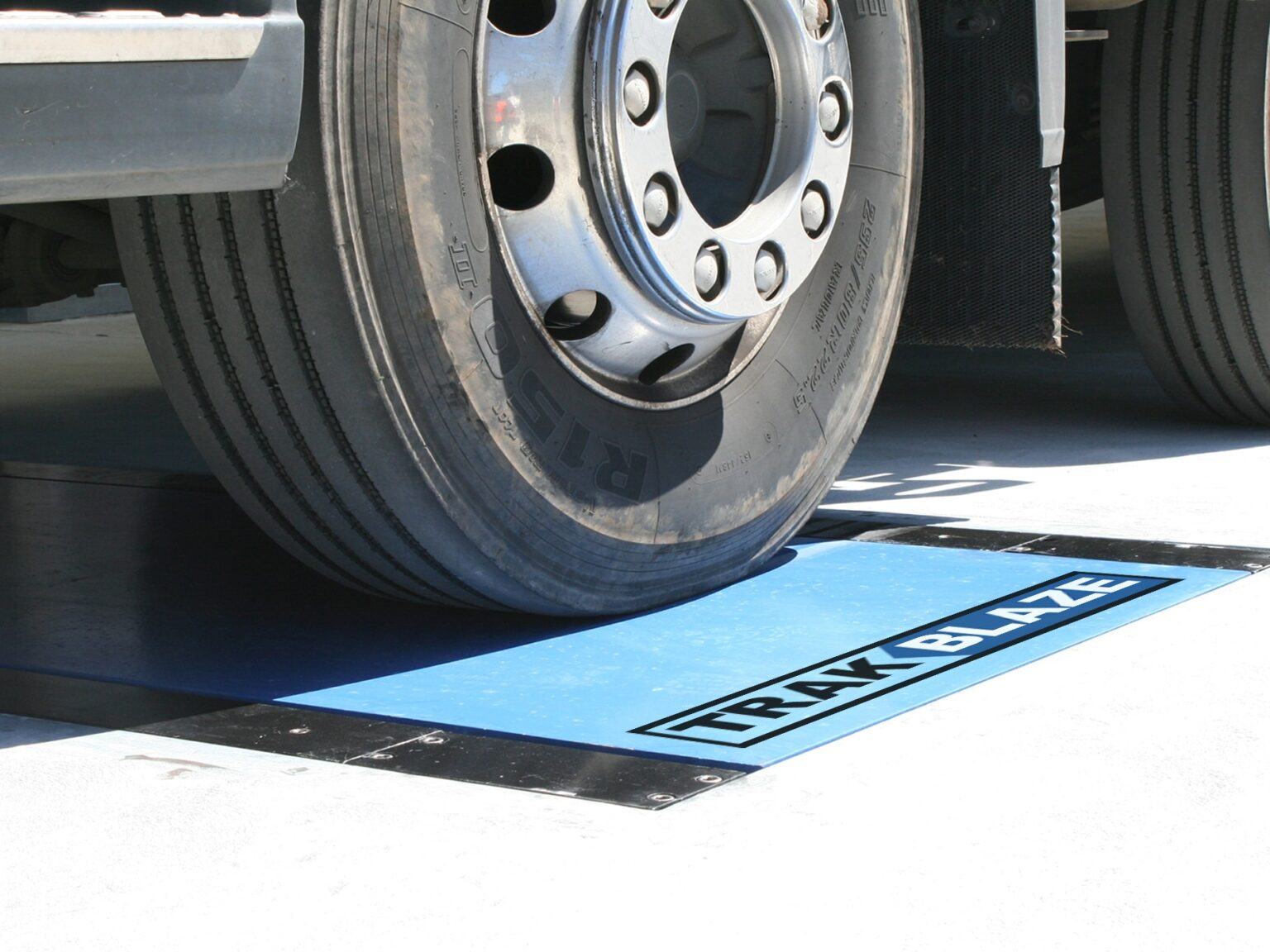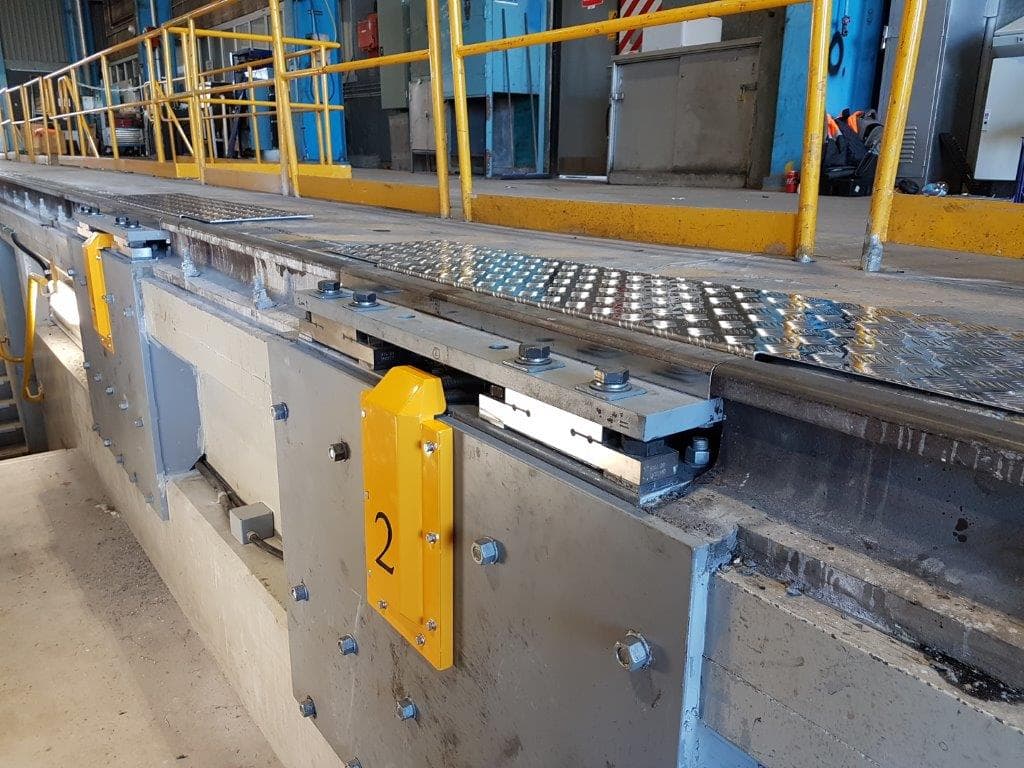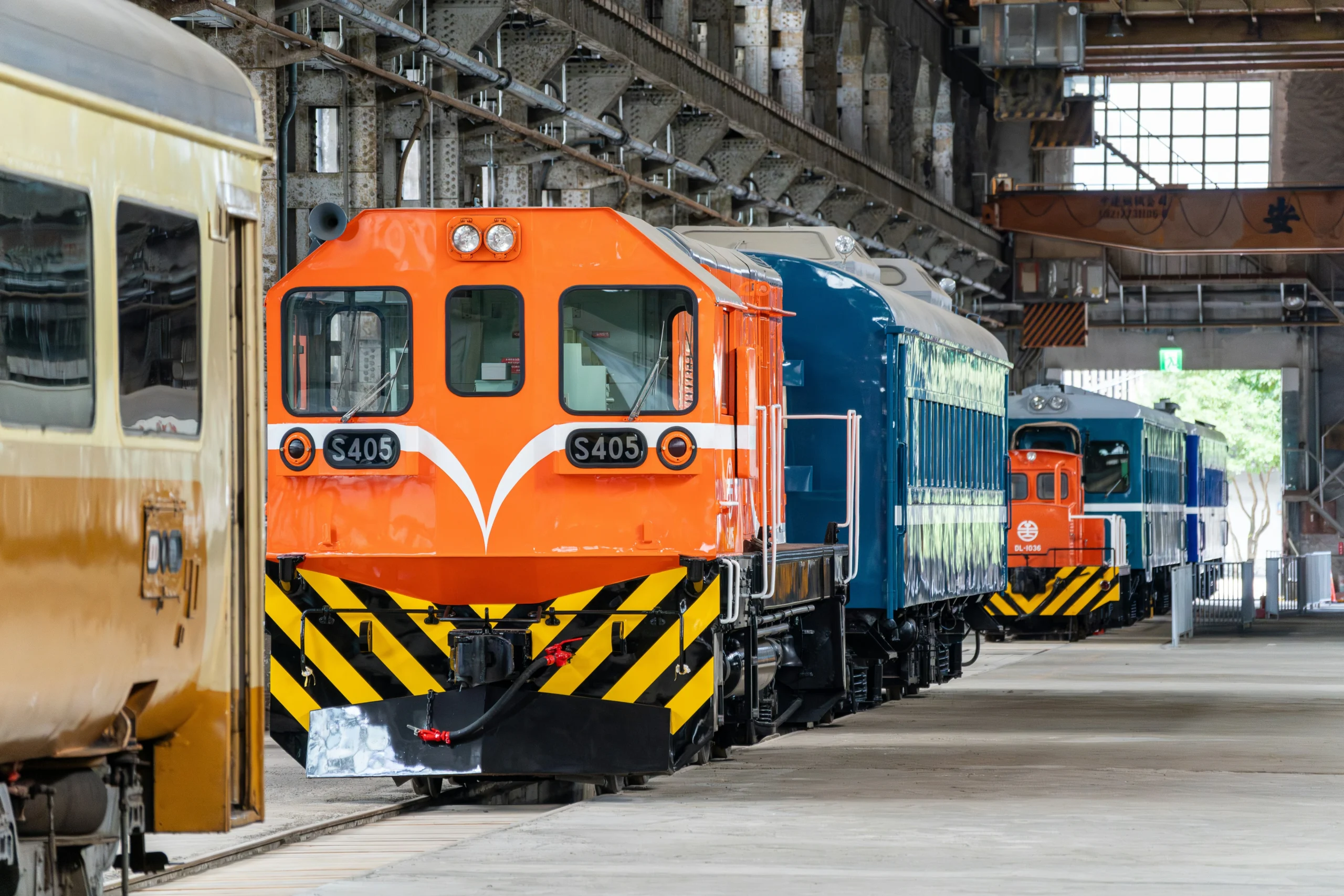At a glance
- Portable scales offer flexibility and lower upfront costs, making them ideal for seasonal operations, remote job sites, and mobile fleets.
- Permanent scales excel in high capacity and advanced integration, best suited for centralised, high-volume logistics hubs.
- Factors like volume, budget, mobility needs, site infrastructure, and data integration guide the final decision of which option is better.
Accurate vehicle weighing can make or break a logistics operation. It ensures regulatory compliance, protects roads and infrastructure, and safeguards fleets from fines and penalties. However, the need for accurate truck weight goes beyond the rules and regulations. Precise weight data helps improve safety by preventing accidents caused by overloaded vehicles and drives operational efficiency by optimising load distribution, fuel usage, and maintenance schedules.
That said, it is essential to choose the right truck scale for your logistics fleet. When making a purchase decision, logistics managers are often faced with a critical decision: invest in a permanent weighing system or opt for a portable alternative. Both options offer distinct advantages and limitations, and choosing the wrong one can be costly for a business.
This blog covers the differences between portable and permanent scales in logistics fleets and discusses which option is better for you.
The Use of Portable Scales in Logistics Fleets
Portable scales, such as TRUCKMATE, are ideal where weighing needs are temporary, remote, or spread across multiple sites.
Mobile truck scales are very common in seasonal operations such as fields, harvests, or construction projects that experience spikes in demand periodically. They allow you to bring the weighing point to the load, rather than moving goods to fixed weighing stations.
Likewise, portable truck scales are used in remote job sites like mines, logging camps, road works, and disaster relief operations where fixed weighbridges are impractical. They enable on-site weighing even on less stable terrain, thanks to their modular design.
Moreover, these scales are an ideal solution for businesses requiring mobility, such as fleets that operate across multiple locations or companies that periodically reassign zones.
Advantages of Portable Scales
Below are the key benefits of using portable truck scales or mobile weighing systems for logistics managers:
- Easy Setup and Relocation: Portable scales are typically modular, featuring steel-frame or sectional decks that allow for disassembly and movement.
- Lower Initial Cost: Portable models require less site preparation and infrastructure, resulting in lower upfront investment.
- Minimal Civil Work: There is little to no excavation, fewer foundation requirements, and less disruption to existing site infrastructure when using the portable option.
- Versatile Use Across Multiple Sites: A portable system can be repurposed for different locations, tasks, or fleet segments as operations shift. This is useful if demand is seasonal, or if fleet operations expand or reconfigure over time.
Limitations of Portable Scales
While portable options have many strengths, there are certain trade-offs. Key limitations to be aware of are:
- Frequent Calibration Needs: Portable scales are more exposed to site variance (uneven terrain, shifts in foundation, weather), which can degrade accuracy. Calibration intervals may need to be shorter, depending on use.
- Durability Issues from Handling: Constant movement, disassembly, and assembly, along with exposure to environmental stressors like rain, mud, dust, and temperature fluctuations, can accelerate wear and tear. So, components may require more frequent maintenance or replacement.
The Use of Permanent Scales in Logistics Fleets
Permanent (fixed) truck scale systems such as FORCE 1 are better suited in settings where high volumes, regulatory demands, consistent workflows and integration justify the cost and infrastructure.
Permanent scales are very common in distribution hubs where many trucks arrive and depart daily, often with high throughput and steady load and unload patterns. Likewise, they have become a go-to option for major logistics centres with centralised yards, border crossings, or large import and export terminals. Such fixed sites benefit from durability, higher capacity, and automation of permanent scales.
In addition, central transport yards are adopting permanent scales for convenience. Permanent weighbridges are embedded in fleet depots or central maintenance yards, where every truck is weighed regularly for fleet monitoring, compliance, maintenance, and audit.
Advantages of Permanent Scales
Here are some benefits of permanent scales over portable ones:
- Exceptional Accuracy and Reliability: Fixed weighbridges built with substantial foundations, stable sites, and protected load cells tend to maintain calibration better with less disturbance.
- Built for Continuous Heavy-duty Operations: Permanent scales are usually designed for very high capacity (hundreds of tons), with larger decks and concrete or heavy steel platforms, capable of handling frequent use.
- Advanced System Integrations: Fixed scales are easier to integrate into enterprise software systems, including weigh-in and weigh-out logging, automated tickets, data from load cells directly feeding fleet management, regulatory reporting, and maintenance logs. This reduces manual errors.
Limitations of Permanent Scales
Before committing, logistics managers should be aware of the downsides of permanent weighbridge systems:
- Higher Upfront Costs: Equipment, site work such as earthworks, concrete slabs or pits, reinforcement, drainage, foundations, civil engineering, and potential permits or regulatory compliance costs make permanent scale an expensive investment.
- Installation Complexity & Time: Planning, construction delays, permitting, site surveys, ensuring approach roads, drainage, and long-term structural integrity take days or even weeks. This might result in significant downtime or disruption during the setup phase.
- Lack of Mobility: Once installed, it’s tied to that location. If operational needs shift, relocating a permanent scale is prohibitively expensive.
Read More: Optimising Logistics With The Accurate Truck Scales
Key Factors to Consider When Choosing a Weighbridge for Logistics Fleets
Here are the critical decision levers fleet managers must evaluate when choosing between portable and permanent weighing solutions:
Mobility Requirements
Mobility is a key differentiator between the two types of scales. Portable scales are designed to be moved between sites with ease, making them perfect for operations that cover multiple locations or temporary projects such as construction, mining, or agricultural harvests.
On the contrary, permanent scales are fixed installations and cannot be moved once in place. They are best suited for facilities where weighing occurs in a centralised location with predictable traffic patterns, such as a main logistics hub or a dedicated transport yard.
Volume of Operations
The volume of operations is often one of the first factors to consider when deciding between portable and permanent scales. Permanent scales are the most reliable option for large-scale logistics hubs or central transport yards that process hundreds of trucks each day. Their strong design and advanced technological integration allow them to handle continuous, heavy-duty weighing with minimal downtime.
On the other hand, portable scales can be a better option for smaller fleets or those with fluctuating or seasonal demand. These offer the flexibility to deploy weighing systems only when needed, without incurring the high costs associated with a fixed installation.
Budget and ROI
Budget considerations play a major role in selecting the right weighing system. Permanent scales require a significant upfront investment, covering both the scale itself and the infrastructure needed for installation, including concrete foundations and drainage systems. While the initial expense is high, these systems deliver long-term cost efficiency through their durability and low maintenance requirements.
Portable scales, however, have a much lower initial cost, making them ideal for businesses that need to see a faster return on investment or are still in the early stages of growth. They are particularly suited to operations where capital expenditure needs to be kept low and weighing requirements may change over time.
Site Infrastructure
Permanent scales demand extensive preparation, including solid foundations, level approaches, electrical components, and proper drainage, which requires both time and significant financial investment. They are well-suited to established logistics centres with the space and resources to support such development.
That said, portable scales are far less demanding in terms of infrastructure. They require only a flat, stable surface for setup, making them ideal for remote or temporary sites where building permanent foundations would be impractical or too costly.
Data Integration
Permanent scales often come equipped with advanced features that enable seamless integration with enterprise systems, fleet management software, and automated reporting tools. This level of connectivity helps streamline compliance processes and improve operational visibility.
Portable scales, while improving in this area, generally offer more basic data capture capabilities and may require manual entry or additional technology to achieve full system integration. So, they are best suited for operations with simpler reporting needs or where full automation is not a priority.
Comparison Table of Portable and Permanent Scales
Here’s a brief side-by-side comparison of portable and permanent truck scales.
| Basis | Portable Scales | Permanent Scales |
| Volume of Operations | Best for low-to-moderate volume and seasonal needs | Ideal for high-volume, continuous operations |
| Budget & ROI | Lower initial cost; good for short-term ROI | Higher initial investment; pays off long-term |
| Mobility Requirements | Highly mobile; easy to relocate | Fixed location; no flexibility |
| Site Infrastructure | Minimal setup; no major construction required | Requires planning, groundwork, and a permanent site |
| Data Integration | Limited or basic data integration options | Full integration with advanced fleet systems |
Choosing between portable and permanent scales is a strategic decision that requires considering several factors, including cost, operational volume, mobility requirements, and other important aspects of your logistical operation.
If you are looking for a reliable weighing solution for your logistics needs, consult with Trakblaze today. We provide tailored guidance and recommend the right weighing solution to address your operational challenges. Contact us to explore dependable portable and permanent scale systems.
FAQs
How long does it take to install a permanent weighing scale?
The installation timeline for a permanent weighing scale can range from a few days to several weeks, depending on factors like site preparation, foundation work, and permitting requirements.
Can portable scales handle heavy-duty vehicles like semi-trucks or mining equipment?
Yes, many heavy-duty portable scales are designed to weigh large vehicles such as semi-trucks, dump trucks, and mining equipment, provided they meet the model’s weight capacity.
What maintenance is required for portable and permanent scales?
Both scale types require regular cleaning, calibration, and inspection of load cells and wiring. Portable scales may need more frequent servicing due to frequent relocation and exposure to varied site conditions.
Do weighing scales integrate with digital fleet management software?
Most modern permanent scales and some advanced portable models offer data connectivity, allowing seamless integration with fleet management and reporting systems.














